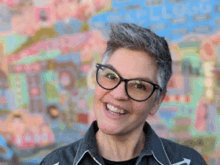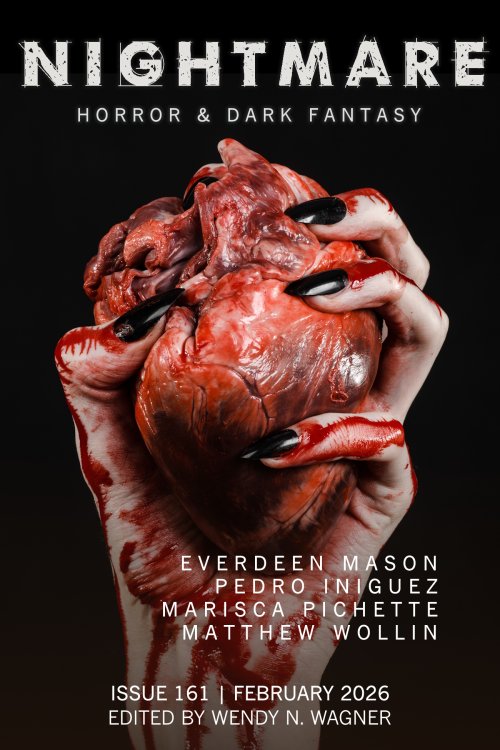Welcome to Nightmare’s 113th issue! I can’t believe I’ve been writing these editorials for an entire year now. Looking back over the past twelve issues, I’m so proud of our staff and our amazing writers. What a terrific bunch! I can’t wait to see what we’ll put together for you in our next orbit around the sun.
When celebrating an important anniversary, it’s easy to get a bit overwhelmed by your memories, and this issue celebrates the power and pain that memory can invoke in our lives. In “The Summer Castle,” Ray Nayler has spun an original short story about war, family, and our inability to ever recall the past with objectivity. It’s one of those quietly creepy stories that gets more unsettling every time you read it. In our second short story of the month, “In the Walls and Beneath the Fridge,” Jonathan L. Howard gives us a tale of a man who’s been playing he-said-she-said with his abuser for far too long. The threads of his memories connect his unpleasant past to the family drama that plays out in his new apartment.
Our Horror Lab originals include an apocalyptic flash story (“Fenworth City Municipal Watersheds Field Survey”) from A.L. Goldfuss and a darkly emotional poem (“Nineveh”) from Belicia Rhea—and don’t worry, memory plays an uncomfortable role in both of these little gems.
Our ebook readers have a bit of a treat this month. We luckily have an excerpt from the novel Clean Air, by Sarah Blake. It’s bit more science fictional than what we usually feature, but I think you’ll enjoy it.
For nonfiction, we’ve got author spotlights with our authors, and a book review from Terence Taylor. In “The H Word” this month, podcaster and horror scholar Neil McRobert writes about a subject that really resonates with me: the emergence of a trend toward horror with heart. I’ll let Neil explain how he’s watched this trend develop over the past decade or so, but I know it’s my goal here at Nightmare to share work that touches not just the intellect, but the gut and heart. I like to think our work here is to move and inspire our readers. That we aren’t just in the business of scaring people—although that’s always fun—but in giving them work that navigates the human condition toward a more authentic, more connected place. Work that stays with you.
Because at the end of the day, all that you have of the previous twenty-four hours are the memories you created . . . and hopefully the only terrifying memories are the ones we’ve planted there with our words.









